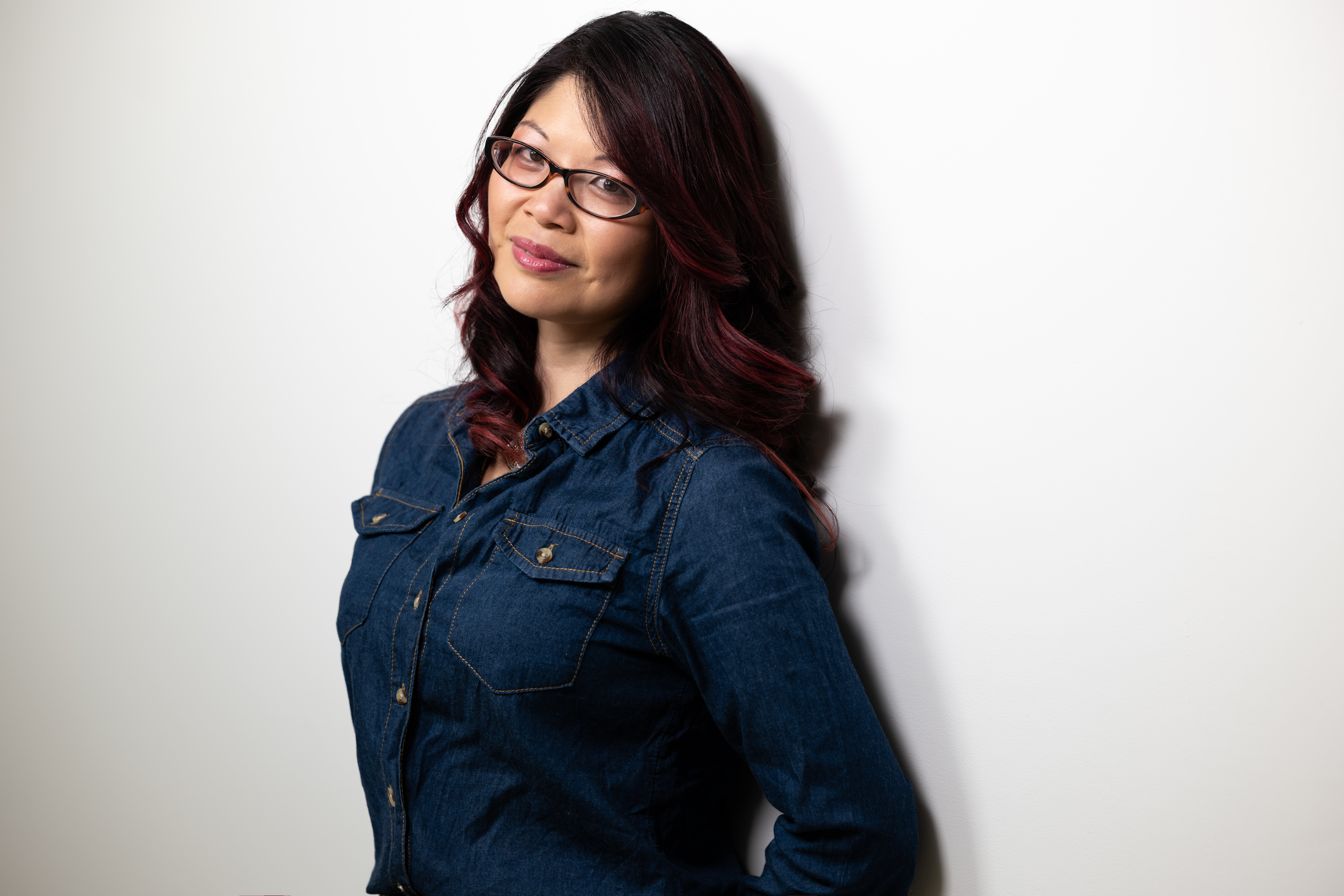Living is not about spending every day just getting by - that's survival. Life is not just about being OK, but flourishing past ordinary. So, here are six habits to help you not just embrace your 'new normal', but to thrive beyond it:
1. Create the sort of network you want to be part of
Ask yourself before taking on someone else's problems: is this really my responsibility?
You cannot save people from themselves. If it is within your power perhaps signpost them, and be their cheerleader, but always solving their problems stops you from working on your own and can teach them to be dependent on you.
Try asking:
- How can I best help you?
- What would you like me to do?
- What have you tried?
- What are you trying to achieve?

